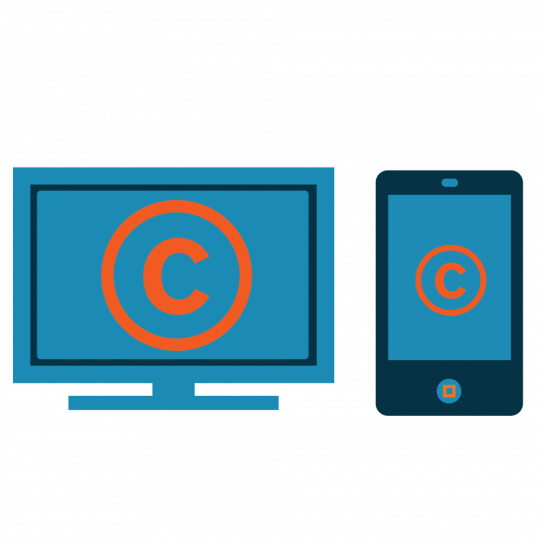Who: Stacey Mattocks (“Mattocks”), Black Entertainment Television LLC (“BET”).
Where: United States District Court, Southern District of Florida, USA (the “Court”)
When: 20 August 2014
Law as stated at: 13 October 2014
What happened:
Mattocks created a Facebook fan page dedicated to a TV show called “The Game” which was aired by BET (the “Fan Page”). It had around 1.3 million “likes” but was not presented as an official BET fan page. However, BET became aware of the Fan Page’s success and hired Mattocks to work part-time to manage it. Under this arrangement, both Mattocks and BET employees posted material onto the Fan Page, including BET content. The parties then entered into an agreement under which BET had administrative access to the Fan Page but agreed not to change Mattocks’ administrative rights. During this time the number of likes on the Fan Page rose to around 6 million.
Mattocks and BET entered into discussions regarding potential full time employment of Mattocks and, during the course of those discussions, Mattocks reduced BET’s administrative access to the Fan Page. BET then migrated the likes over to the official BET Facebook fan page and shut down the Fan Page created by Mattocks. It also sent Mattocks a letter explaining that it “hereby rescinds any and all rights that may have been previously granted to you directly, implicitly or otherwise to use BET intellectual property” and directing Mattocks to cease and desist from using BET’s IP.
Following receipt of the letter, Mattocks alleged that BET had “converted” her business interest (essentially depriving an individual of their property) in the Fan Page and particularly the likes (amongst other allegations). The Court found in favour of BET on all counts and it reached its decision on the “conversion” claim on the basis that the likes on the Fan Page could not be considered as Mattocks’ property. This was because the “likes” were merely an expression of enjoyment or approval which could be revoked by Facebook users at any time and therefore if anyone could be said to own the likes, it would be the individual Facebook users.
Why this matters:
This case raises issues relating to the ownership of social media assets and the importance of taking steps to protect brands online.
Brand owners should ensure that if any social media assets under their control are the subject of arrangements with third parties or employees who are providing services in that regard, clear terms are in place which ideally assign to the brand owner all IP rights they create on or using social media which relate to the brand and make it clear that the brand owner has ultimate control. Furthermore, brand owners should ensure that they have full access rights to all relevant social media accounts.
In addition, this case establishes that under Florida law at least, “likes” are merely an expression of approval rather than an asset to be traded by the owner of the “liked” asset. This appears to be reflected in Facebook’s upcoming changes to its rules on “likes” (see Ben Dunham’s article on the changes here.








